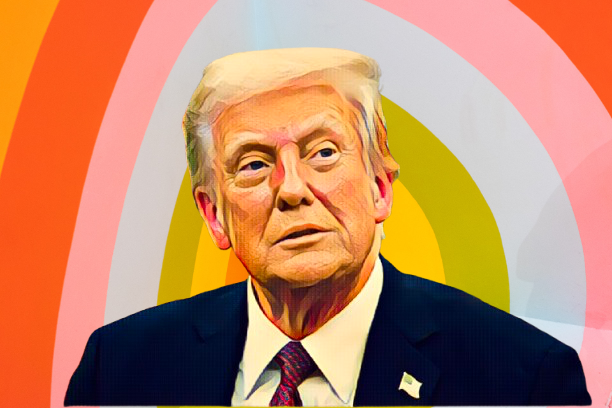Key points
-
Harvard can no longer admit international students.
-
The DHS cited security and compliance concerns.
-
Harvard denounced the move as retaliation.
The Trump administration has barred Harvard University from enrolling new international students, citing national security concerns and compliance failures.
The Department of Homeland Security announced the decision Thursday, stating that Harvard’s Student and Exchange Visitor Program (SEVP) certification had been revoked.
Homeland Security Secretary Kristi Noem accused the Ivy League school of withholding student behavioral records and fostering a campus atmosphere hostile to Jewish students.
In a strongly worded post on X, she referenced alleged support for Hamas and criticized the university’s diversity, equity and inclusion policies.
“It’s a privilege, not a right, for universities to admit foreign students,” Noem said, emphasizing that Harvard repeatedly failed to meet federal reporting requirements. She warned that other institutions could face similar action.
The policy is expected to impact nearly 6,800 international students currently at Harvard, who represent about 27.2 percent of its total enrollment.
Harvard defends academic freedom amid visa revocation
In response, Harvard University denounced the federal action as “retaliatory” and damaging to its academic mission.
The university reaffirmed its commitment to supporting international students and preserving academic freedom.
“This retaliatory action threatens serious harm to the Harvard community and our country,” the school said in a statement. “It undermines our ability to serve as a global center of learning and innovation.”
Harvard officials are working to provide legal guidance and emotional support for affected students. Many are Nigerian nationals, who make up nearly a quarter of Black students at Harvard Business School.
The Trump administration gave Harvard 72 hours to comply and regain its SEVP certification. Existing students face either transferring or losing their legal status before the next academic year.
Political pressure continues to reshape U.S. education policy
This move is the latest in a series of efforts by the Trump administration to reshape U.S. higher education.
The government recently froze $2.3 billion in federal funds to Harvard and launched investigations into dozens of schools accused of racial bias in admissions.
At least twelve Harvard students have already lost their U.S. study permits due to protest involvement.
Officials say over 600 international students nationwide have faced similar consequences in recent months.
Secretary of State Marco Rubio told Congress that visa revocations will continue. “A visa is a privilege, not a right,” he said, reiterating the administration’s stance.
Harvard is exploring contingency plans, including allowing dual admissions with foreign universities. The university insists that its global scholars enrich both the institution and the nation.
“We will not abandon our students,” the university said. “We will fight for their right to learn.



